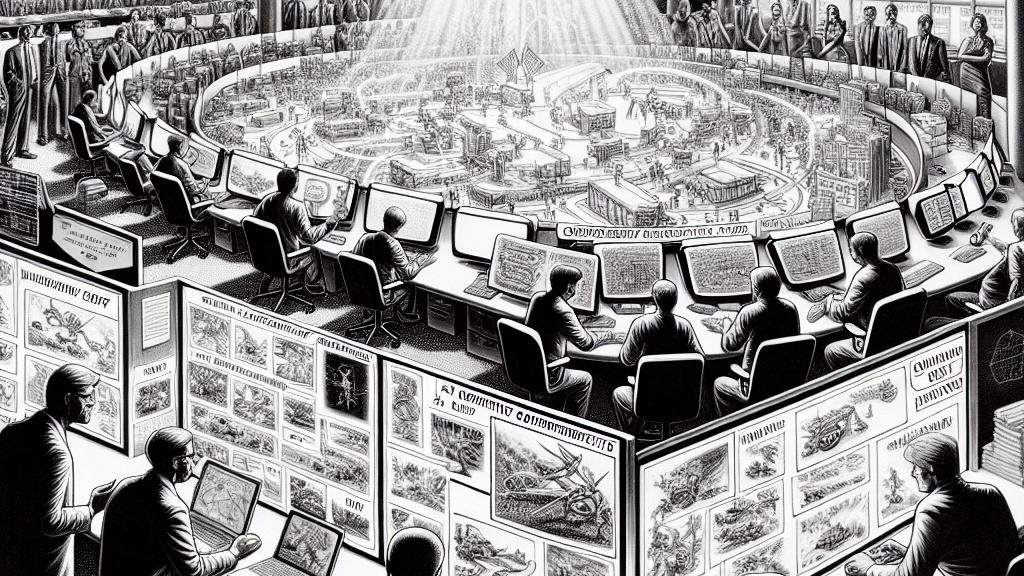The Missed Opportunity of Blizzard Creating a Game Store
Overview
- Blizzard Entertainment could have positioned itself as a trailblazer in digital gaming by launching a game store ahead of Steam.
- Despite its robust platform, Battle.net remained limited in its reach due to missed opportunities for expansion into a broader marketplace.
- Strategic missteps and critical decisions influenced Blizzard's ability to thrive in the rapidly evolving gaming industry.

A Visionary Idea That Was Ignored
Picture this: the early 2000s in the United States, Blizzard Entertainment's engineers were bubbling with innovative ideas, particularly the ambitious prospect of transforming Battle.net into a comprehensive game store. This wasn't just a fleeting whim; it was a well-articulated vision that had the potential to reshape the gaming landscape. Led by talented programmers like Patrick Wyatt and Mike O'Brien, they envisioned a platform that could rival Steam, allowing gamers to access a diverse library of titles. Unfortunately, their groundbreaking proposal was met with skepticism from the upper management, resulting in a missed opportunity that would allow Valve's Steam to gain dominance in the market. Wouldn't it have been fascinating to witness Blizzard leading the charge instead?
Battle.net: A Powerful Engine Left Unused
Although Battle.net became synonymous with Blizzard's successful franchises, such as 'Diablo' and 'World of Warcraft', its untapped potential as a digital marketplace is striking. Reporting from mid-2023 highlighted that Battle.net retained about 26 million active users each month—a formidable audience! However, this was just a mere fraction compared to Steam's jaw-dropping 130 million monthly users reported in 2021. Imagine the impacts: if Blizzard had expanded its platform earlier, it could have catered to this vast audience, promoting both its own titles and third-party games. In a surprising turn of events, Blizzard decided to embrace Steam in 2023 by releasing 'Overwatch 2', signaling a shift toward a competitive strategy. While this was a remarkable step forward, it felt like an acknowledgment of missed opportunities in a dynamic gaming landscape that had shifted in the intervening years.
Critical Lessons Learned from Missed Opportunities
As we delve deeper into Blizzard's journey, the narrative becomes a compelling lesson on the significance of innovation and strategic foresight. In his book, 'Play Nice: The Rise, Fall, and Future Of Blizzard Entertainment', Jason Schreier meticulously details how the rejection of the store proposal served as a major turning point for the company. This wasn't just a singular decision; it represented a broader culture of missed chances and inevitable creative conflicts. It had tangible repercussions on Blizzard's trajectory, contributing significantly to both its remarkable successes and challenging setbacks. Ultimately, the story of Blizzard is not merely about creating iconic games but also about the leadership choices that shape a company's future. It serves as a potent reminder that while stellar games can establish a legacy, a visionary approach is vital for enduring success in an ever-evolving gaming industry.

Loading...